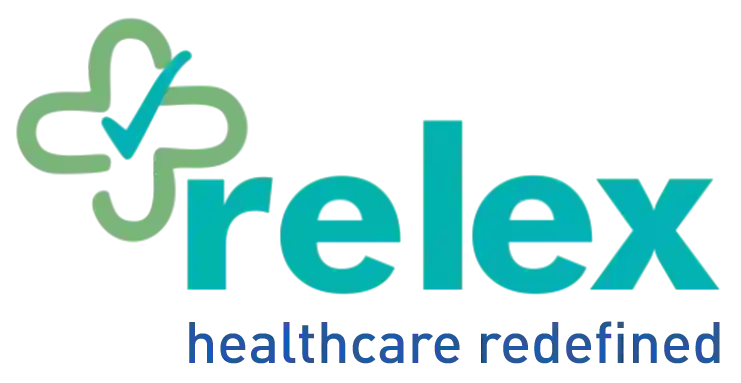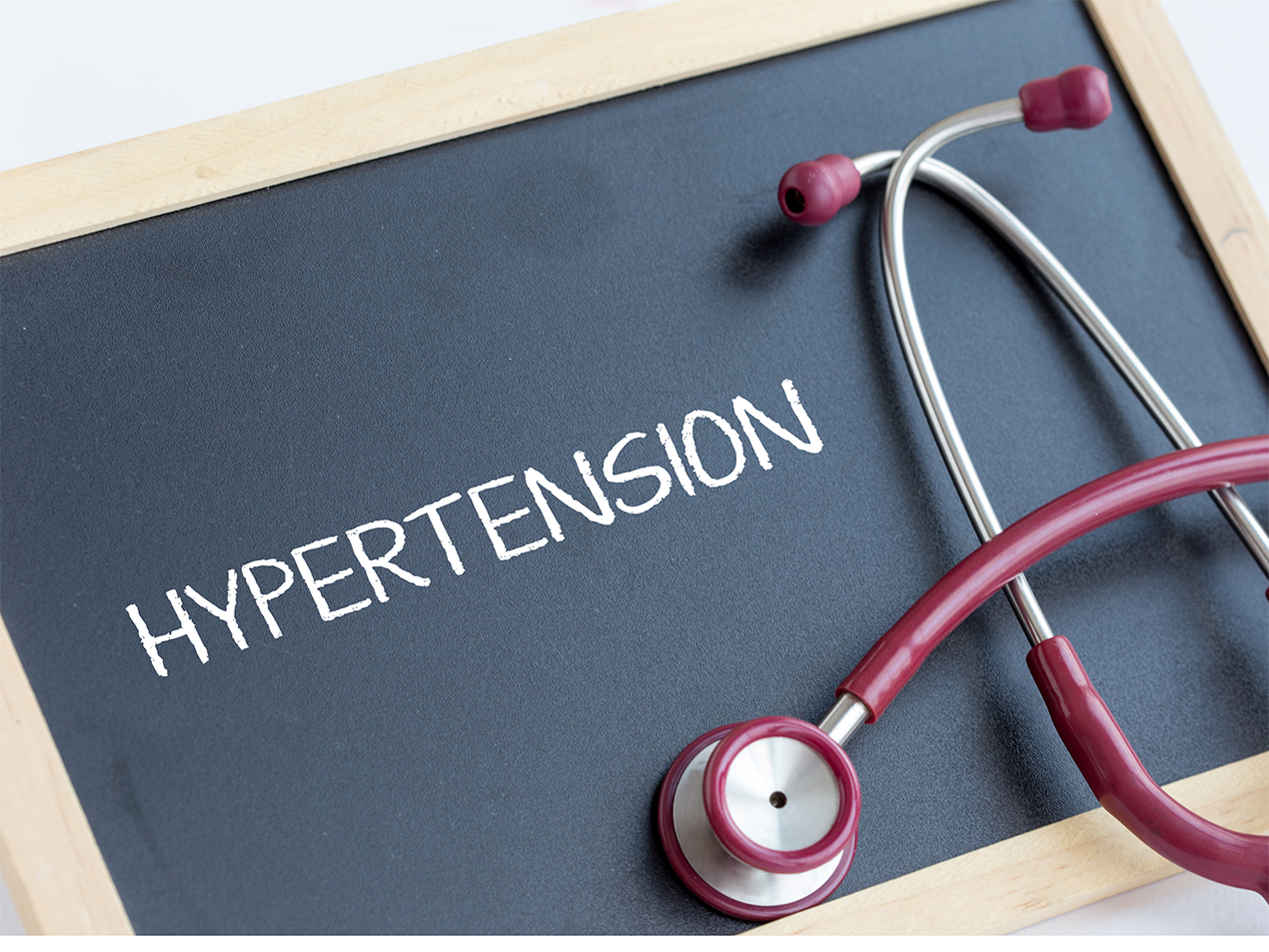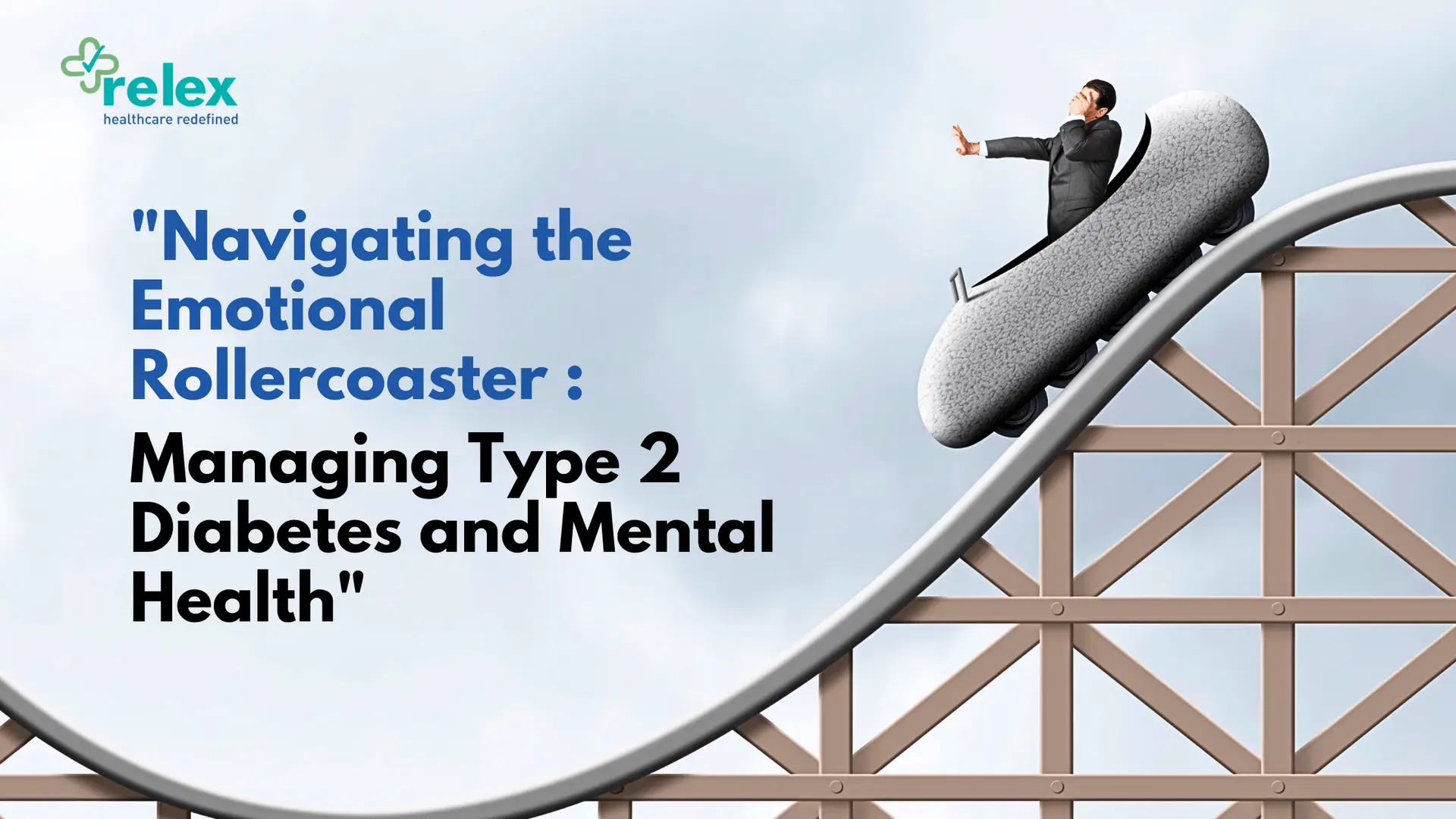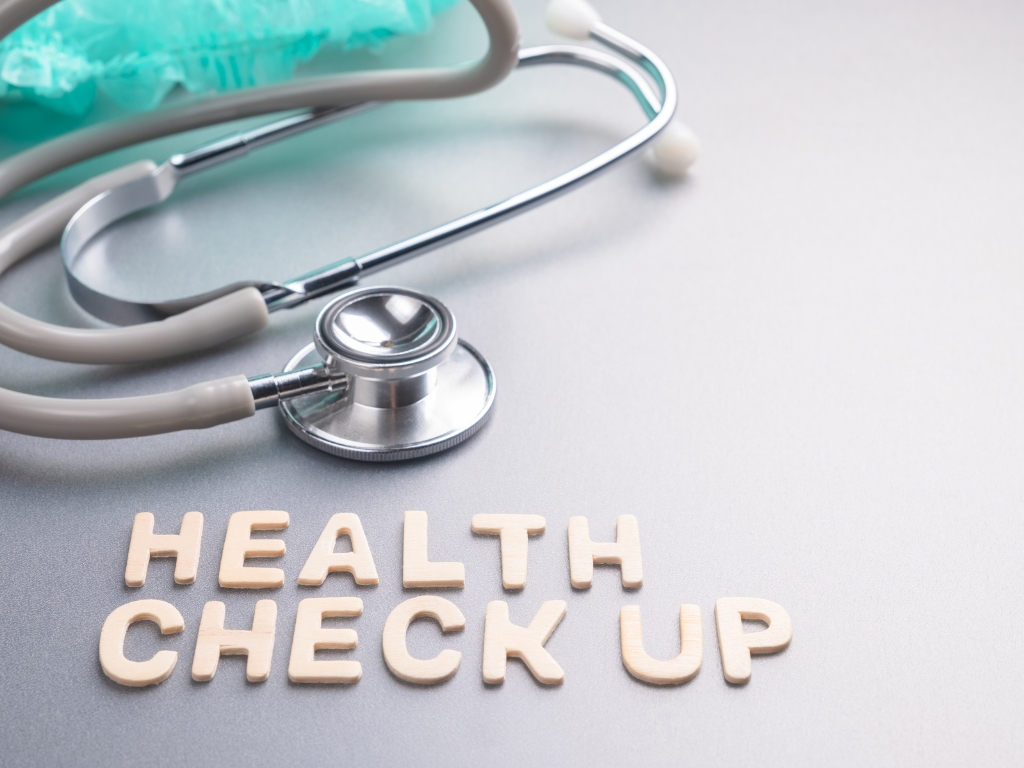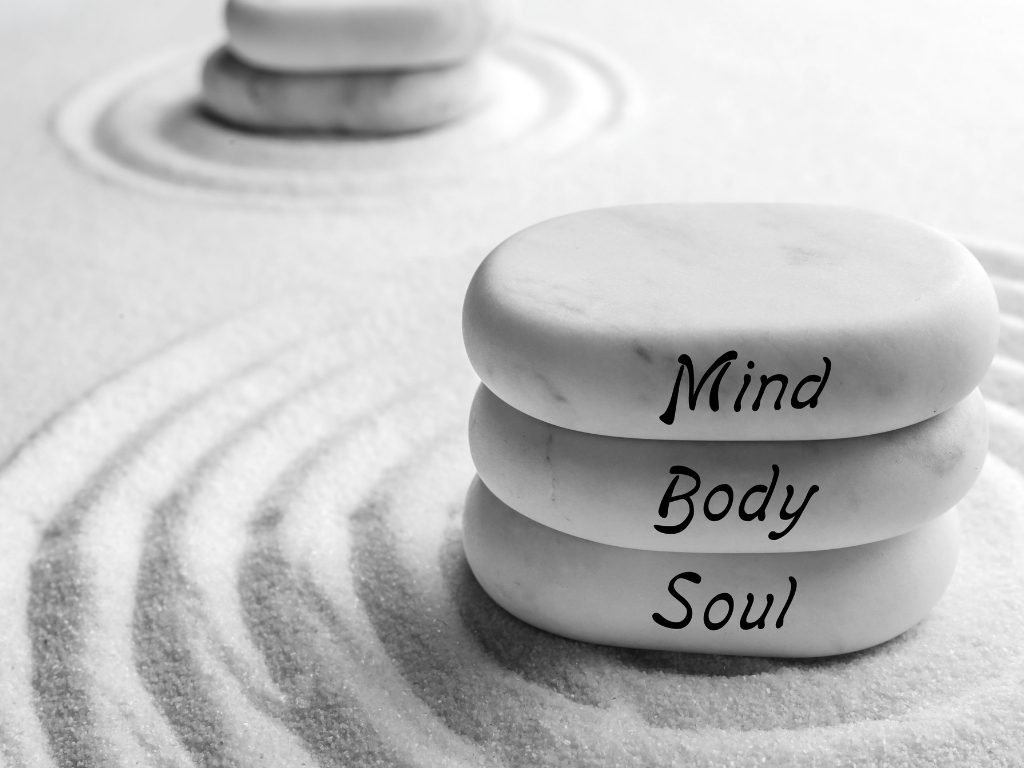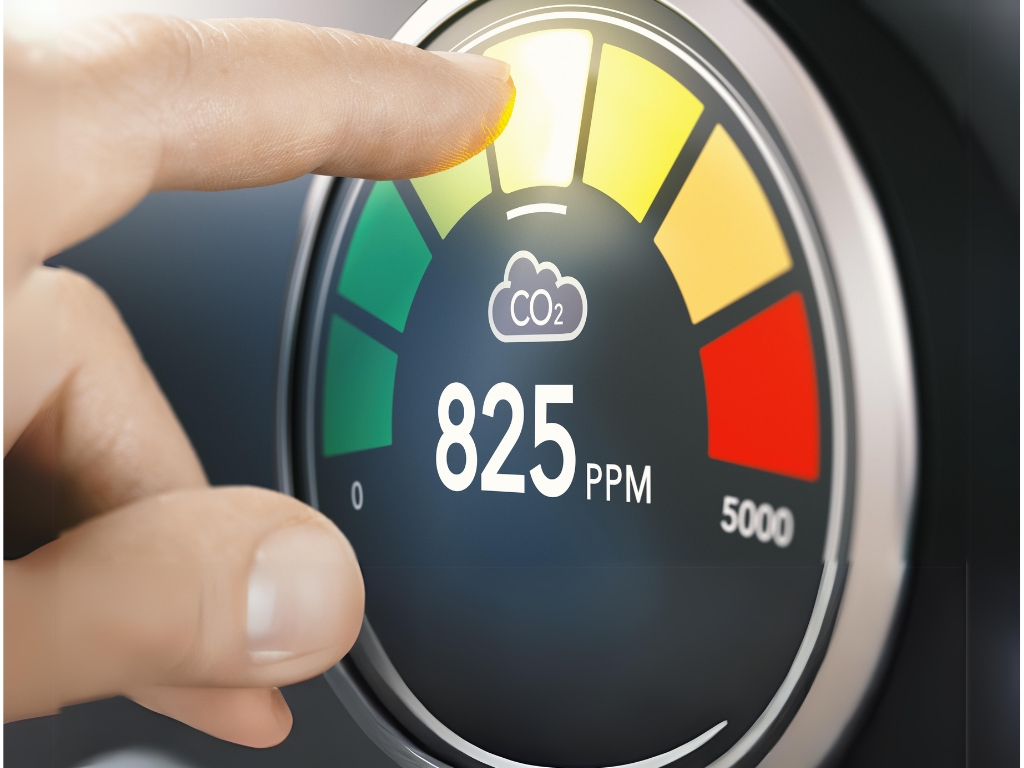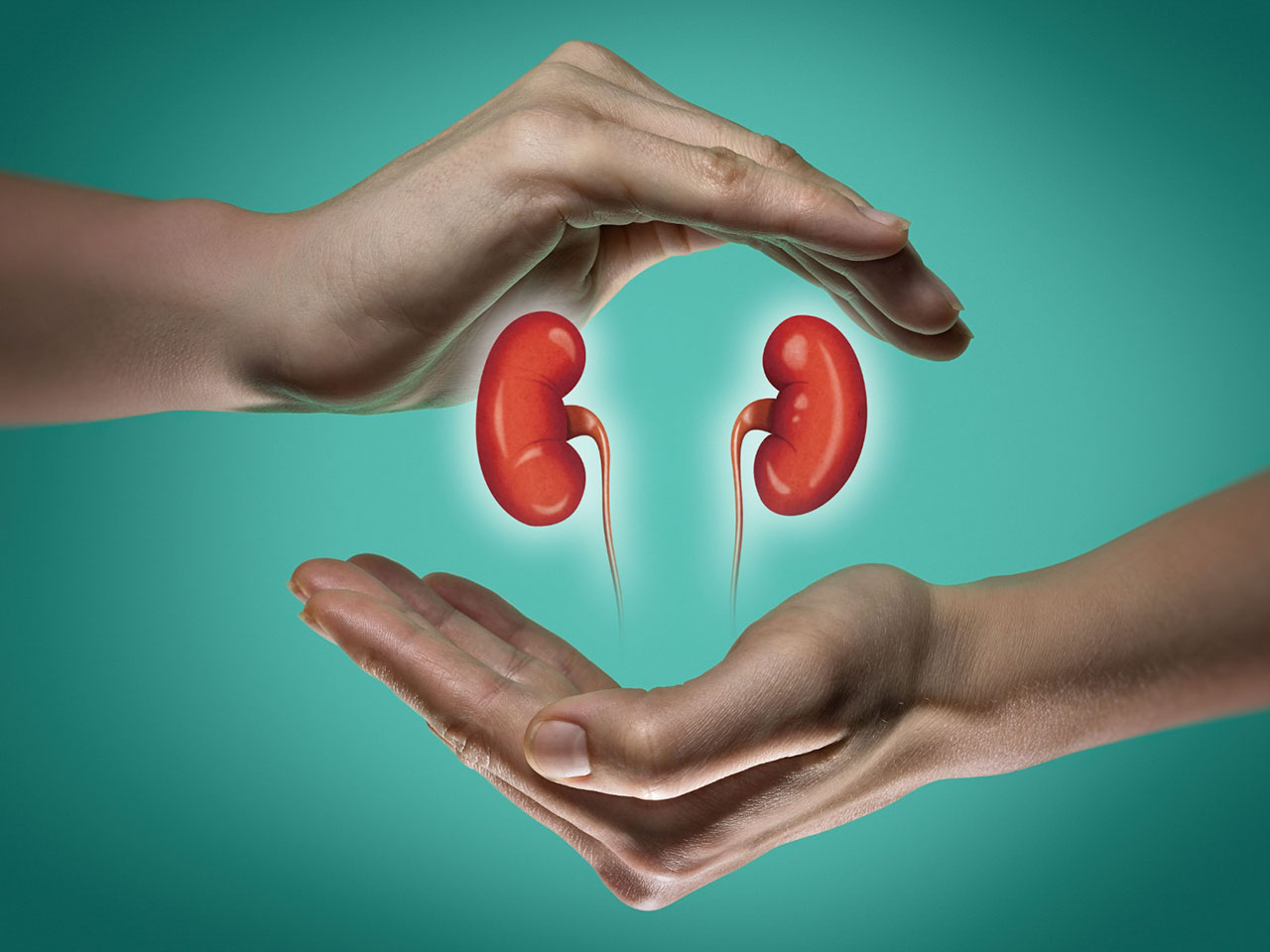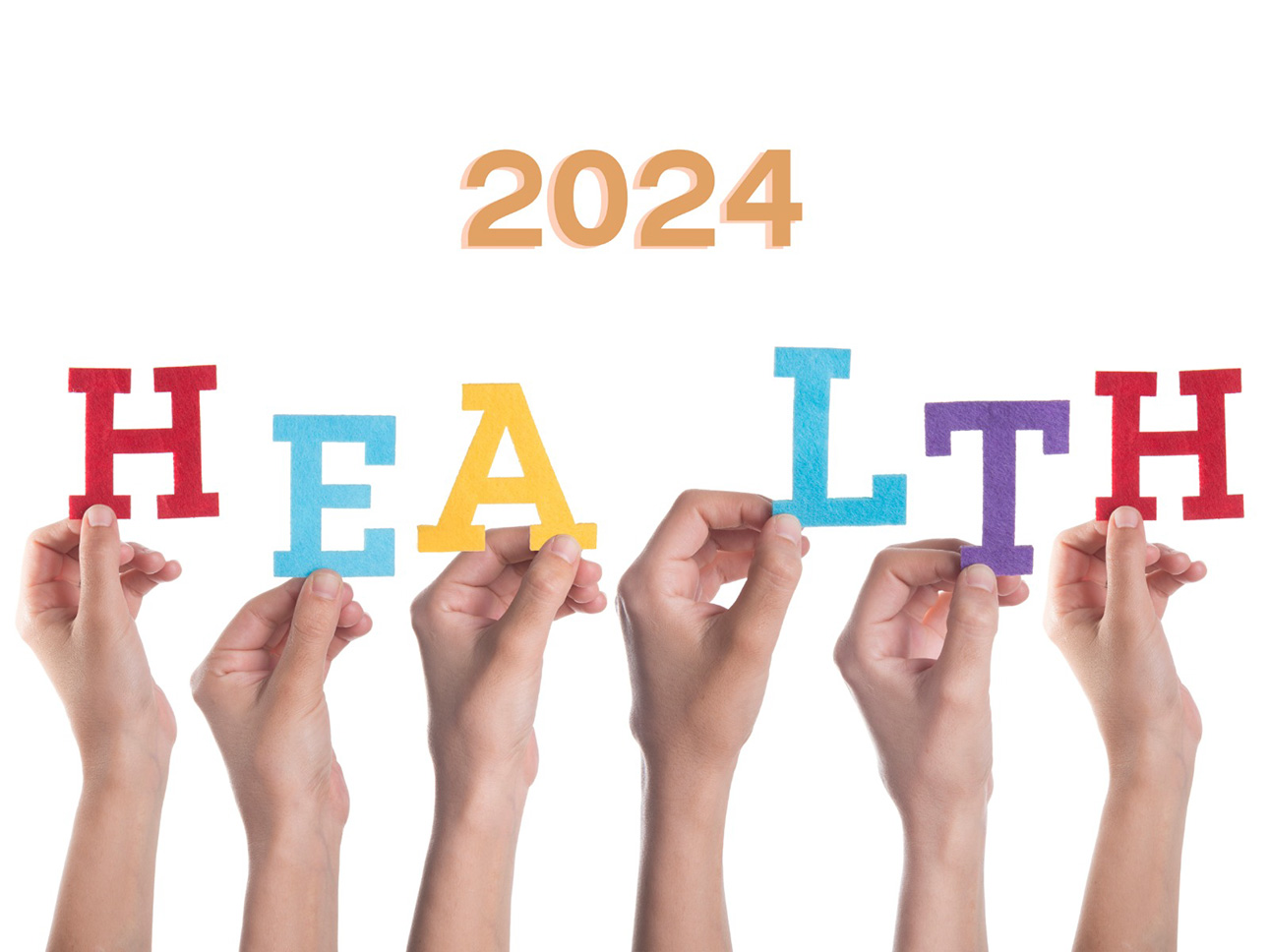Harnessing Lifestyle Changes for Effective Hypertension Management
Hypertension, a health concern affecting millions worldwide, is often managed through medical intervention. However, emerging trends underscore the significant impact of lifestyle changes in controlling this condition. Echoing the holistic healthcare approaches seen in organizations like Relex, experts are now focusing on natural strategies to complement traditional treatments.
Diet plays a pivotal role in managing high blood pressure. Healthcare professionals emphasize the importance of a heart-healthy diet, notably the DASH (Dietary Approaches to Stop Hypertension) diet, renowned for its efficacy in reducing blood pressure. This diet underscores the consumption of potassium-rich foods, magnesium, fiber, and lean proteins, while advising a reduction in sodium intake. An added emphasis is placed on limiting processed foods known for their high sodium and unhealthy fat content.
Another critical aspect of hypertension management is regular physical activity. Authorities recommend at least 150 minutes of moderate-intensity aerobic activity per week, complemented by strength training exercises. This regimen not only lowers blood pressure but also enhances overall heart health. Medical professionals, however, caution patients to consult healthcare providers before embarking on new exercise programs, especially those diagnosed with hypertension.
Weight management is intricately linked to blood pressure control. Excess weight can escalate blood pressure and strain the heart. A combination of balanced dieting and regular physical activity is key to achieving and maintaining a healthy weight.
Stress is a known factor in temporarily elevating blood pressure. Hence, relaxation and stress-reduction techniques like meditation, deep breathing, yoga, or tai chi are increasingly being recommended. These practices help in managing stress effectively, thereby contributing to better blood pressure control.
In the realm of substance use, limiting alcohol consumption is recognized as a significant step in lowering blood pressure. Moreover, the role of smoking cessation cannot be overstated. Smoking is a major risk factor for developing hypertension and heart diseases, and quitting smoking has immediate and long-term benefits for blood pressure and overall health.
Adequate sleep is another cornerstone of hypertension management. Quality sleep helps regulate blood pressure and is essential for overall well-being. Addressing sleep disturbances, such as sleep apnea, is also crucial in this context.
Lastly, the practice of monitoring blood pressure at home is gaining traction. Regular monitoring helps in tracking blood pressure trends and assessing the effectiveness of lifestyle changes. Home blood pressure monitors have become valuable tools in this self-management approach.
In conclusion, managing hypertension naturally through lifestyle changes is gaining momentum in the healthcare sector. This approach, focusing on diet, exercise, stress management, and lifestyle modifications, offers a promising adjunct to traditional medical treatments, empowering individuals in their journey towards better health.
Disclaimer: The information provided in the above articles is intended for informational purposes only and should not be considered as medical advice. It is crucial to consult with a healthcare professional before making any significant changes to your health regimen, including diet, exercise, or lifestyle modifications. These articles do not replace professional medical advice, diagnosis, or treatment. Always seek the advice of your physician or other qualified health provider with any questions you may have regarding a medical condition. Never disregard professional medical advice or delay in seeking it because of something you have read in these articles.
#ChronicDiseaseCrisis #IndiaHealthcare #HealthyIndiaNow #MedicationAdherence #HealthOutcomes
